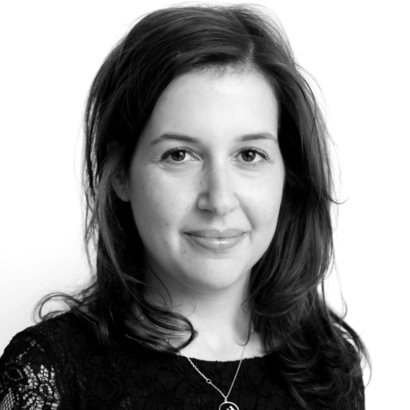Michael and Robert Meeropol, 80 and 76, have been fighting the brute force of American injustice pretty much all their lives, ever since their parents were given the death penalty in one of the most notorious cases in history.
In 1951 Julius and Ethel Rosenberg were found guilty of conspiracy to commit espionage, specifically passing secrets about the atomic bomb to the Soviet Union. It was the height of the Red Scare, a time many people are now re-examining with the release of Oppenheimer, about the theoretical physicist J Robert Oppenheimer, who was the director of the Los Alamos laboratory.


